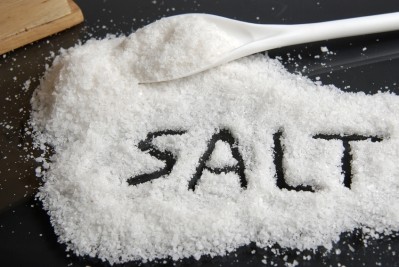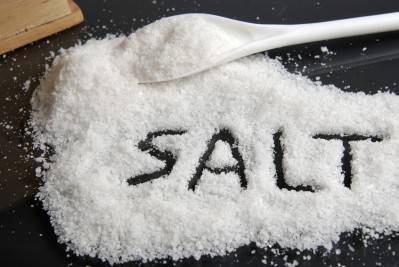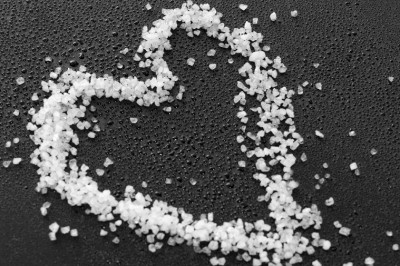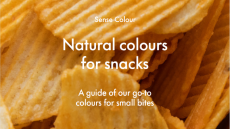WASH: Stealthy reduction still best – but all food needs clearer salt labelling

Generally, the food industry has taken a stealthy approach to salt reduction, gradually reducing salt without telling consumers, in case shoppers consider ‘low salt’ to mean ‘low flavour’. But new research published in the American Journal of Clinical Nutrition suggests that these days, consumers may actually be attracted by low salt claims – at least in Canada.
However, Farrand said that WASH still did not recommend that manufacturers highlight low salt content on products.
Instead, the study’s results underline the need for clear labelling for all foods, she said, and the emphasis should be on lowering salt across the board.
“We don’t believe there should be two categories,” she told FoodNavigator. “We need [salt reduction] to happen in all products across the product range…Consumers are becoming more aware of salt in their diet but we think it is best to continue to reduce salt in foods without drawing attention to it. Because we are reducing salt across the board, tastes are changing.”
In the UK, per capita salt intakes have dropped by more than a gram over the past few years, from 9.5 g in 2005 to the current 8.1 g a day, as the industry has worked to reach voluntary targets for different food categories, and consumers have become more aware of the recommendation to reduce their salt intake.
“We are becoming used to eating less salt…Doing it slowly and steadily means that people won’t necessarily notice,” Farrand said. “…It is so important that we do have clear labelling so that the consumer can pick up a product in the store and see that it is low in salt.”
She added that ideally, WASH would prefer if food manufacturers did not use salt replacers when reformulating either, so that tastes continue to adapt to less salty flavours.
“There are certain product categories where sodium replacers might have benefits, like in snacks for instance, but this is not something that we would want to see across all categories.”















